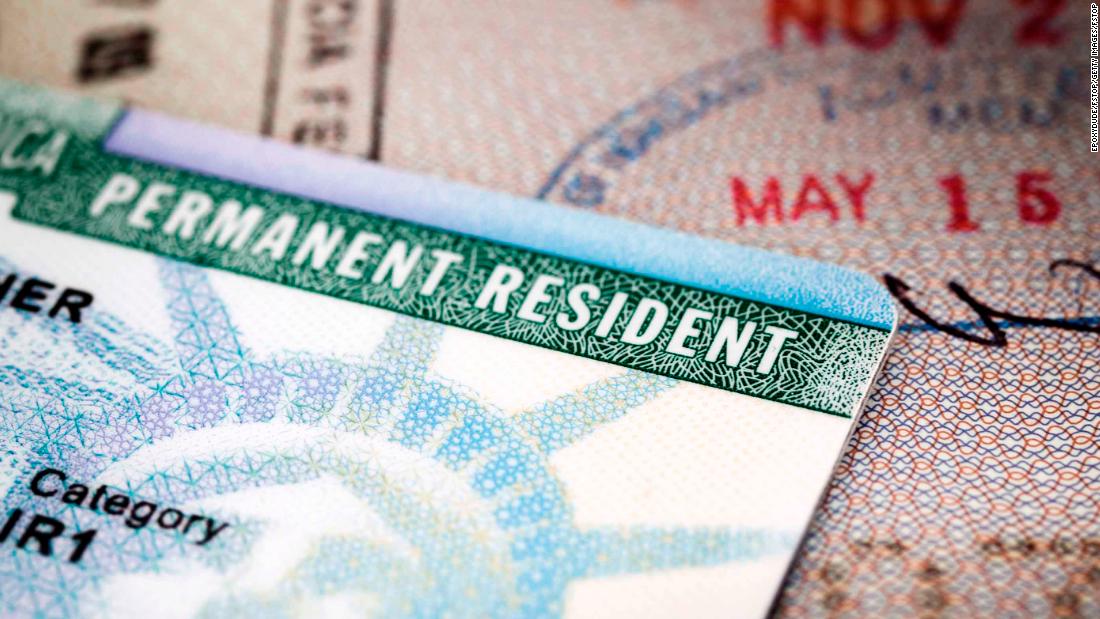On August 12, the Trump administration announced new rules for immigrants seeking permanent residence status (through issuance of a “green card”) in the United States. Those rules apply a longstanding prohibition on immigrants likely to become “public charges” (that is, dependent on government benefits) to applicants who have received certain of those government benefits — among them Medicaid, SNAP (“food stamps”), and housing assistance — for more than 12 months.
The politics of the move are obvious: Trump is throwing more red meat to his anti-immigration “base.” The new rules are of a piece with his border wall project and high-profile ICE raids on workplaces where undocumented immigrants are employed. They’re not intended to solve a problem. They’re intended to keep his voters enthused as the 2020 election cycle heats up.
As actual policy, who can really complain? Well, some people can and will. But if the US government is going to regulate immigration at all (I don’t believe that it should, and the Constitution says it can’t), “pay your own way or go away” doesn’t sound like an unreasonable rule.
Interestingly, though, the policy conflicts with the politics. It discourages the “legal” immigration most Trump voters claim to be fine with, and encourages the “illegal” immigration he campaigned on a promise of “fixing.”
Suppose you are a would-be immigrant to the United States.
You can “get in line,” fill out forms, show up for meetings, submit to questioning, bust your hump meeting various requirements, and still find yourself turned away (or sent back) for any number of reasons.
Or you can walk across the border in the middle of the night and go to work, with a much lower chance of being found out, and sent back, than if you interacted with US immigration authorities.
Adding to the burden of the first approach doesn’t mean fewer immigrants. It just means that more immigrants will take the second approach.
Is that the outcome you signed up for, Trump voters?
Anti-immigration agitators fondly quote economist Milton Friedman: “[I]t is one thing to have free immigration to jobs. It is another thing to have free immigration to welfare. And you cannot have both.” The rule change is a sop to that sentiment. But it leaves out another thing Friedman said about what happens when we try to have both:
“Mexican immigration, over the border, is a good thing. It’s a good thing for the illegal immigrants. It’s a good thing for the United States. It’s a good thing for the citizens of the country. But, it’s only good so long as it’s illegal.”
If Americans want fewer “public charges,” the solution isn’t to single out immigrants for exclusion from government welfare benefits. It’s to eliminate, or at least drastically reduce and toughen eligibility requirements for, those welfare benefits. For everyone, not just for people who happen to hail from the “wrong” side of an imaginary line on the ground.
Two evils — immigration authoritarianism and welfare statism — do not add up to one good. We should ditch both.




